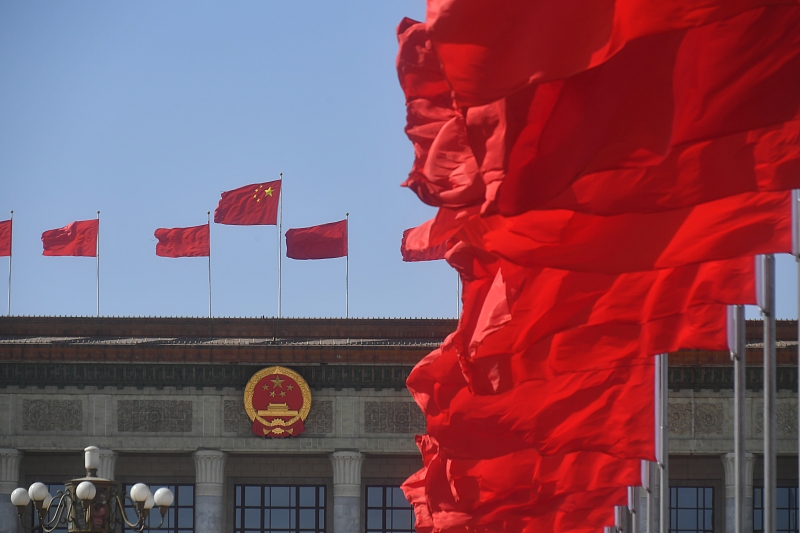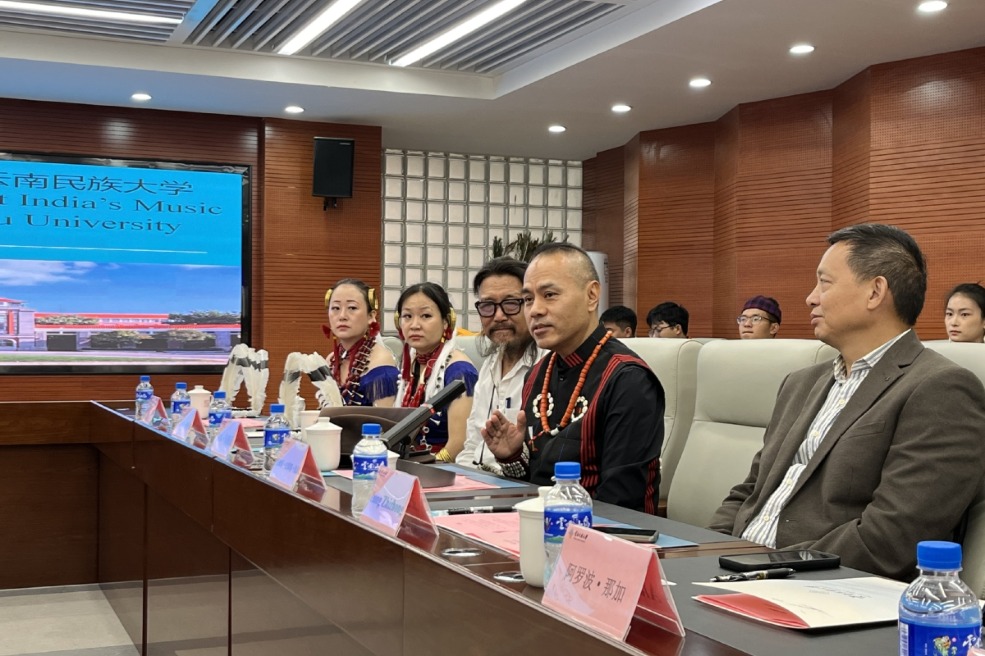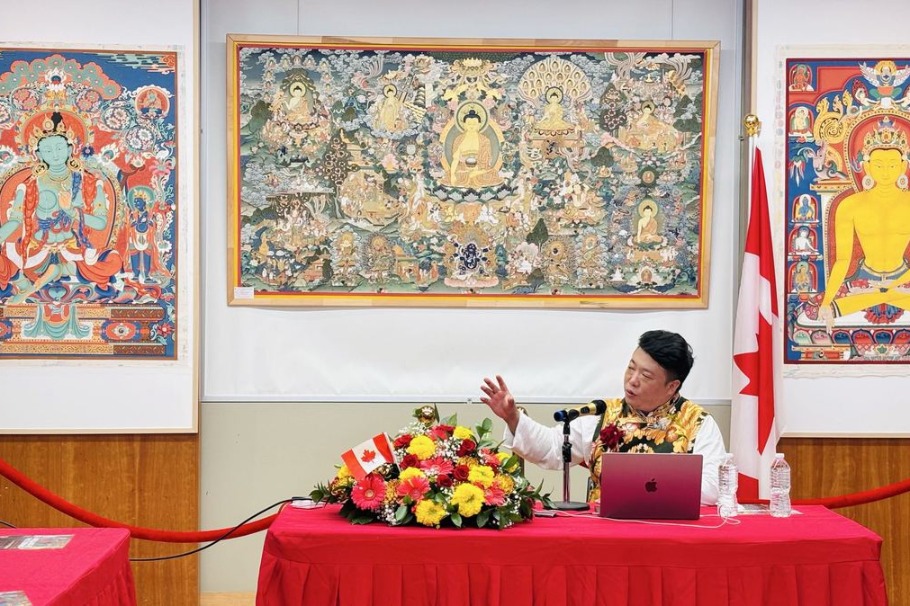Five principles resonate today, say British experts
Importance of peaceful coexistence while moving forward stressed


The Five Principles of Peaceful Coexistence, a foreign relations concept proposed by the Chinese leadership 70 years ago, still resonate today, providing a fundamental framework for building peace and advancing economic cooperation, British experts said.
The five principles — mutual respect for sovereignty and territorial integrity, mutual nonaggression, mutual noninterference in each other's internal affairs, equality and mutual benefit, and peaceful coexistence — were put forward by the Chinese leadership in the 1950s as a guideline for handling bilateral relations with other nations.
Keith Bennett, an international relations analyst and co-editor of Friends of Socialist China platform, said: "A key test of the correctness or otherwise of a set of principles is whether or not they stand the test of time. Over the past 70 years, the five principles have only become more relevant and necessary."
Bennett said the virtue and necessity of the principles can be seen in the tragedies in Iraq, Afghanistan and above all today's Gaza that result from a failure of relevant parties to uphold them while pursuing an alternative course.
The five principles are in turn embodied and further developed in the important global initiatives put forward by China with regard to security, development and civilization, said Bennett. He added that the initiatives address the key questions and imperatives of peace and development, advance the correct and realistic ways to tackle the existential threats facing humanity, such as nuclear war, climate catastrophe and collapsing biodiversity, and promote the building of a community with a shared future for mankind.
Hugh Goodacre, a lecturer in the History of Economic Thought at University College London and managing director of the Institute for Independence Studies, said that reading the five principles, one is irresistibly reminded of the Bandung Conference in 1955 when these principles were further developed and agreed upon by the leaders of other developing countries.
"It is among the most successful contributions of the older generation of socialist China's leaders to world peace and international respect and friendship," he said, adding that China's leaders today continue to emphasize those principles for the well-being of peoples of all countries, each of which is entitled to choose its own path and methods.
Jack Perry Junior, chairman of the 48 Group Club and CEO of London Export Corporation, said the principles could be applied not only in handling foreign relations but also in international business.
Perry's grandfather was a pioneer businessman who led the first British business delegation to the newly founded People's Republic of China in the early 1950s. He listened to China's leaders laying the foundation for a relationship built on mutual respect and understanding.
"Following in my grandfather's footsteps, my father devoted his entire adult life to deepening our understanding of China. He witnessed firsthand the transformation of China from abject poverty to a modern, developing nation," said Perry.
"Today, as the chairman of the 48 Group, I am committed to continuing this legacy. I will strive to understand China without prejudice, learning from the examples set by my grandfather and father. Our mission remains to bridge the gap between the West and China, fostering mutual growth and understanding."
In business cooperation, people should embrace different cultures with open minds and reject bias stemming from different ideologies, he said.
"Peaceful coexistence is the path forward. It is essential for nations, regardless of their wealth, to work together toward a future where war is obsolete. We envision a world where international cooperation eradicates poverty and promotes peace and prosperity," said Perry.
































